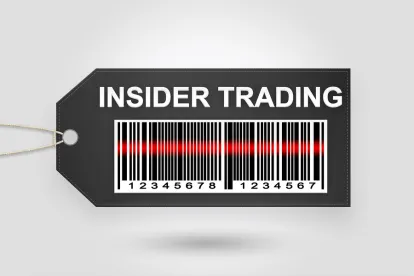As one of the more closely watched insider trading prosecutions of the past few years heads towards trial, observers can look to the investigation surrounding the 2015 acquisition of Life Time Fitness Inc. as a reminder of the dangers that can befall those who seek to engage in a tipping scheme.
The case stems from Life Time’s plan in 2015 to position itself for an acquisition that would take the formerly publicly traded company private in 2015. In March of 2015 the company saw their stock rise precipitously in connection with that plan, with the price of company stock increasing from $57.67 per share on March 5th to $69.13 on the 6th after the Wall Street Journal published an article stating that the company was in advanced discussions to be taken private. On March 16th the company issued a press release announcing that two private equity firms would be purchasing all of the company’s outstanding shares at a price of $72.10, for a total acquisition price of over $4 billion including debt.
The indictment, filed on September 27, 2017, alleges that a Vice President at Life Time learned certain material, nonpublic information about the plan in late February of 2015. The Vice President then proceeded to share said information with a friend in a scheme where the friend would use the information to purchase and sell securities while giving the Vice President a share of the profits earned. The Vice President’s friend then coordinated a plan with a number of his own friends and associates (as well as his girlfriend at the time), informing them that he possessed material nonpublic information from a Life Time executive, to utilize the tip to purchase call options and share the profits from the transactions. Beginning on March 6th, after the Wall Street Journal article was published, the parties began selling the call options, reaping proceeds totaling $866,629. Through 2017, kickback payments were made to the various parties involved in the scheme. Those payments totaled tens of thousands of dollars and even included one kickback in which the indictment alleged compensation in the form of “at least 10 pounds of marijuana,” which were later sold for a profit of over $20,000. The indictment charged the parties involved with various felonies in relation to the conspiracy to engage in insider trading and sought forfeiture for all ill-gotten gains.
In advance of the trial’s start date on April 9th, five of the nine indicted parties had already agreed to plead guilty to charges in connection with the scheme. Those who have pleaded guilty include the Life Time executive and the lead tipster in the scheme, who entered into plea agreements for conspiracy to commit securities fraud on February 21, 2019 and February 22, 2019, respectively.
The case offers a clear reminder of the dangers of sharing material, non-public information and the value to companies of having in place procedures to prevent such disclosures. As the trial begins, observers will continue to look for new developments in the matter, expecting that more information about the scheme is likely to continue to be revealed.



 />i
/>i

